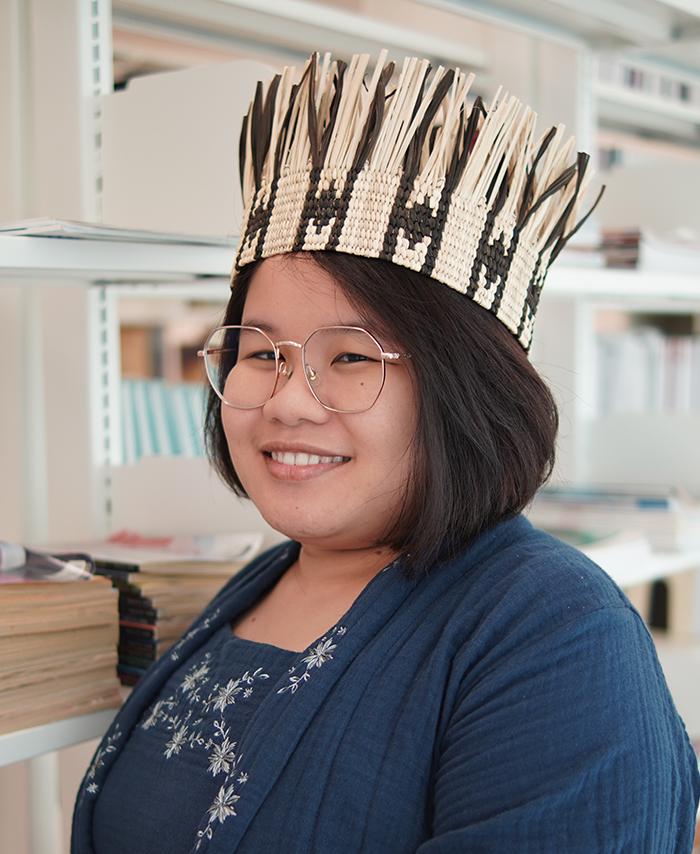
Research interests
Indigenous People Welfare, Human Development, Spatial Justice, Sustainable Development
Masni Mat Dong
Dr Masni Mat Dong is an academic and researcher currently serving as an Assistant Professor at the Tunku Abdul Rahman University of Management and Technology (TAR UMT) in Pahang, Malaysia. She holds a PhD from Aberystwyth University, Wales, UK, where her research focused on the multidimensional poverty of Orang Asli in Peninsular Malaysia. Her study, titled “Reimagining Inclusive Development: A Spatial Justice and Multidimensional Poverty Perspective on the Orang Asli in Malaysia,” aims to enhance the lives of the Orang Asli by exploring and addressing spatial injustice and various forms of inequality. Masni is also the first female Orang Asli recipient of the prestigious Merdeka Award Grant for International Attachment 2023, highlighting her significant contributions to indigenous rights through her work on frameworks such as the Capability Approach and Spatial Justice.
During my research fellowship at the Oxford Department of International Development (ODID), I will focus on examining the multidimensional poverty experienced by the Orang Asli, the indigenous people of Malaysia. The research aims to analyse how various dimensions of poverty—including economic hardship, lack of access to healthcare and education, and social exclusion—impact the community’s well-being. By applying a multidimensional poverty framework, I will explore the ways in which these factors intersect and perpetuate the marginalization of the Orang Asli. The research will involve both qualitative and quantitative approaches, utilizing fieldwork and data analysis to gain a comprehensive understanding of the community’s challenges. Through collaboration with ODID experts, I aim to develop culturally sensitive strategies that empower the Orang Asli, integrating their perspectives into policy development and interventions. This fellowship will contribute to a broader understanding of poverty in indigenous communities and inform policy solutions that can improve their quality of life.
